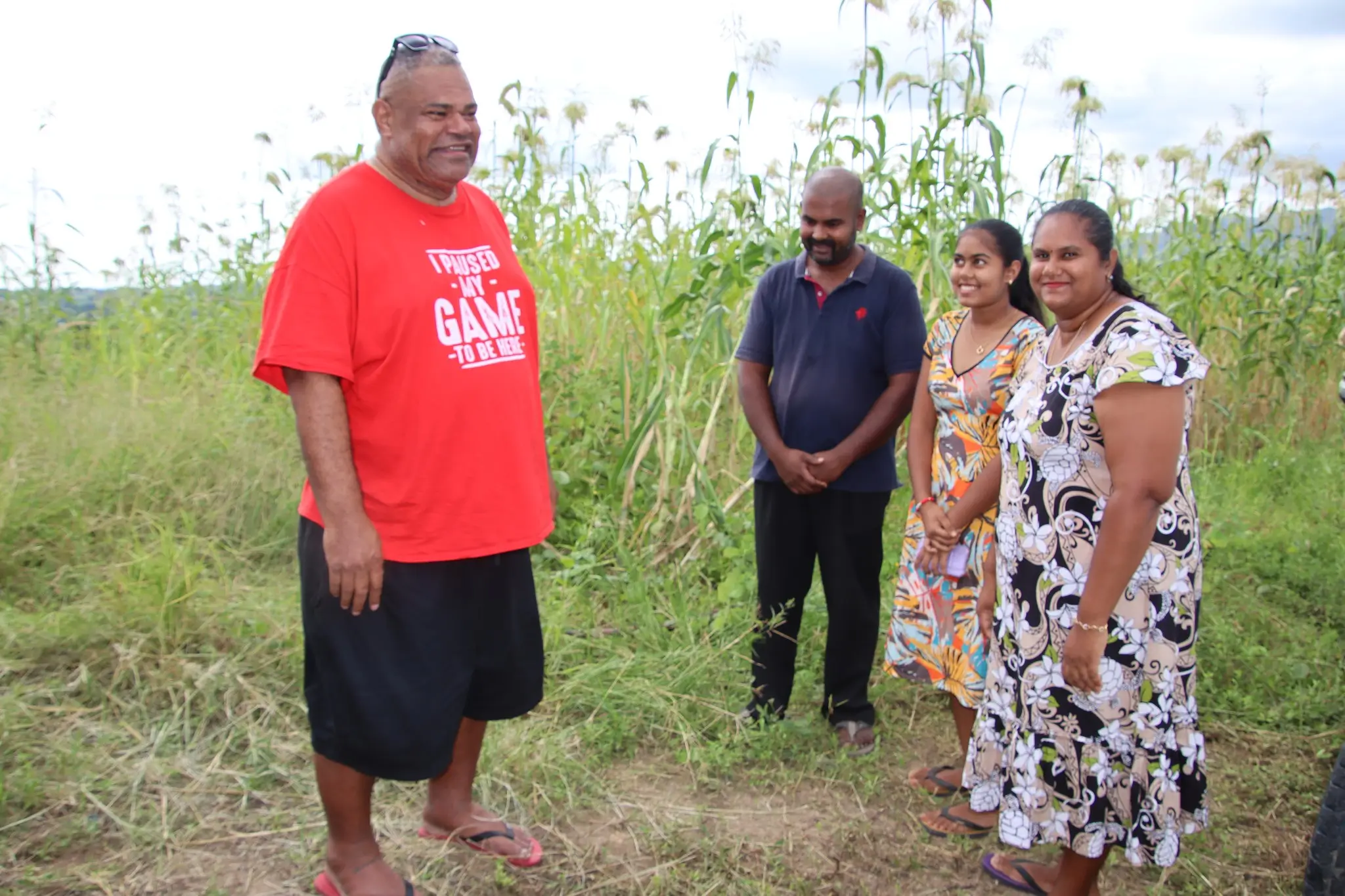
Subashni Lal’s path from librarian to leading farmer in Ba reflects resilience, innovation, and a deep commitment to transforming lives through agriculture.
Raised in Tabia, Labasa, Subashni’s early experiences on a modest cane farm shaped her understanding of rural hardship. With degrees from the University of the South Pacific and Fiji National University, she began her career in education, serving as a librarian at institutions like Labasa Sangam College and FNU.
However, in 2021, she made a bold move; leaving her job in Suva to pursue full-time farming, a decision driven by her circumstances as a single mother and a desire to create lasting change.
“I had seen the struggles of farm life, but I was confident that things had changed,” Subashni said. “Technology, knowledge, and access are different now. I knew the risk was big, but so was the opportunity.”
She founded Freedom Farms (Fiji) and began developing two plots in Ba. Despite early setbacks; including the destruction of her first crops by cattle and a sugarcane loss of 200 tonnes due to pig hunters- she adapted. She shifted her focus to high-value cash crops and livestock and invested in her own machinery.
Today, Subashni manages 11 acres of farmland and aims to expand annually. Her crops include cassava, papaya, sorghum, mushrooms, and rice; many of which are climate-resilient and export-ready. Her poultry operation uses solar-powered incubators, organic feed from farm-grown crops, and Black Soldier Fly larvae to reduce costs and boost production.
Her success has enabled her to support her family, invest in infrastructure, and expand her operations. She now lives in a two-bedroom home, owns two vehicles and a tractor, and supports poultry and livestock sales.
In 2022, she formed a women’s farming cluster and became Vice President of All Women in Agriculture, Ba. Her farm is now a learning hub promoting innovation such as composting, mushroom cultivation, and sustainable feed systems.
She partners with schools like Nukuloa College and the China-Fiji Juncao Technology Demonstration Center to train new farmers.
“Our vision is to create a climate-resilient, self-sufficient farm that not only supports our family but empowers our community,” she said. “Farming has given me more than just an income; it’s given me purpose.”
Minister for Agriculture and Waterways, Vatimi Rayalu, during a recent visit, commended her achievements.
“It is a noble profession that you have decided to venture into,” he said. “Rest assured, the Ministry will support you to grow your farm and help grow agriculture across the country.”
Her story stands as a powerful example of the impact of grassroots leadership, innovation, and the potential for farming to uplift lives and communities.